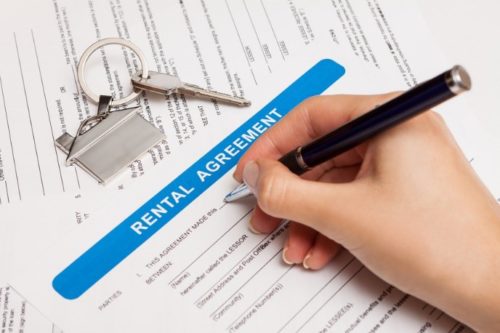What do you have written in your Lease?
What is written in your Lease?
Even if you did not inherit someone else’s lease agreement, if your standard lease is extensive, or if you have used multiple leases, it’s possible you will find that what you thought was there, isn’t.
Before you know it, you are threatening to evict a tenant for behavior that isn’t prohibited in your lease, or for failing to pay rent on the first of the month, when the lease provides a seven day grace period.
Don’t be caught by surprise while dealing with problem tenants. Make sure your leasing forms give you the power you need to run a profitable rental business.
Tags: Landlord Information, Leases & Contracts















